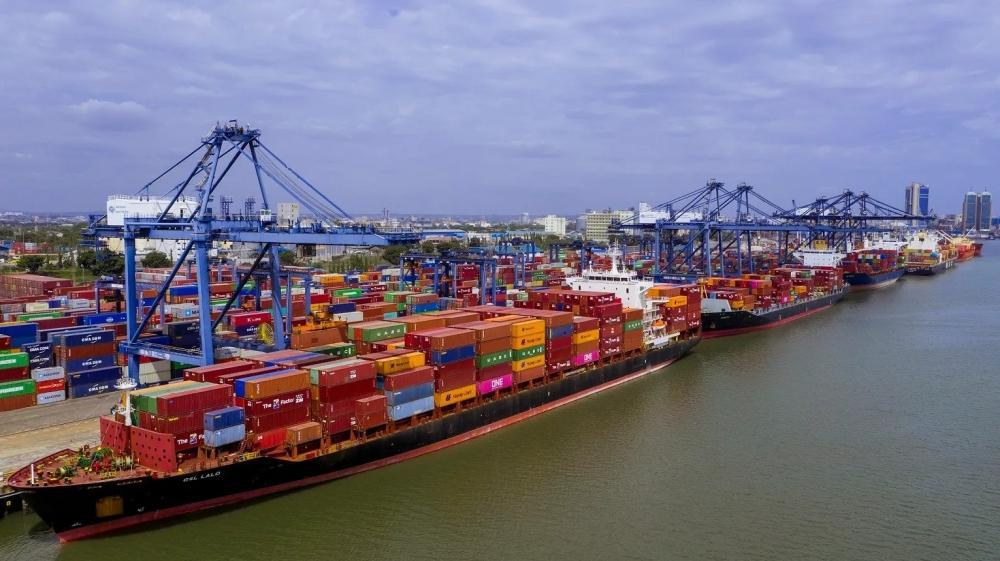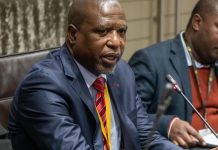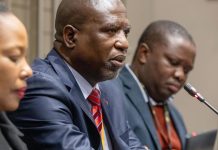Africa-Press – South-Africa. Africa’s efforts in mobilising more domestic revenue for the many development needs the continent has could soon be enhanced as the change of the global taxation system starts to take shape.
A new convention that was tabled before the United Nations last month offers an opportunity to change the global tax system by ensuring fair and equitable taxation of multinational enterprises, the digital economy, cross-border services and tackling illicit financial flows and profit shifting.
This is another step towards the reshaping of global financial architecture that African leaders have continuously claimed to be unfair, especially for the global south.
According to the Economic Development in Africa Report by the UN Conference on Trade and Development (UNCTAD), Africa loses about $88.6 billion, 3.7 per cent of its gross domestic product(GDP) annually in illicit financial flows, as of 2020.
Member states of the UN in August adopted the Ad Hoc Committee’s Draft Terms of Reference for a United Nations Framework Convention on International Tax Cooperation.
A total of 110 member states voted in favour of the new treaty, with at least 44 abstentions and eight nations voting against it (Australia, Canada, Israel, Japan, New Zealand, Republic of Korea, United Kingdom and the United States).
The instrument will be presented at the 79th session of UN General Assembly slated for September 10 to 28.
The global tax convention aims to ensure that large multinationals pay their fair share of taxes, regardless of where they operate, and is expected to generate significant additional tax revenues for many countries, especially developing economies.
Multinational corporations are allegedly involved in the illegal transfer of funds outside the continent through abusive transfer pricing, tax evasion, and trade misinvoicing, among others.
“For me, any company working in Africa, using Africa’s resources must pay taxes in Africa. It’s not a free world. We need resources to be able to develop,” said Akinwumi Adesina, the President of the African Development Bank (AfDB) during the bank’s annual meeting in May.
What an inclusive, effective tax system looks like for Africa
According to experts, more inclusive and effective international tax cooperation is critical in enabling countries to respond to existing tax-related challenges, from digitalisation to global operations of large multinational enterprises, as well as to mobilise domestic resources and use tax policy for sustainable development.
In addition, the framework convention should include commitments to achieve its objectives, from equitable taxation of multinational companies to addressing tax evasion and avoidance by high-net worth individuals, ensuring their effective taxation in relevant member states.
This is because the scale of undeclared expatriated profits and overseas assets, and thus the income tax lost to developing countries, are large relative to other forms of innovative development finance.
“Only an international tax system that is fully inclusive will be legitimate and effective. The livelihoods and future of billions of people depend on governments being able to finance basic infrastructure, education, health services and climate action,” said Junhua Li, Under-Secretary-General for Economic and Social Development.
Effective income and wealth taxation is a central development cooperation issue because taxation of foreign companies and their own residents’ overseas assets remain problematic for developing countries.
The international cooperation involves information exchange between jurisdictions to allow the full application of existing tax codes. This expanded global tax base would be a more sustainable and equitable system than the traditional donor-recipient relationship.
For More News And Analysis About South-Africa Follow Africa-Press






